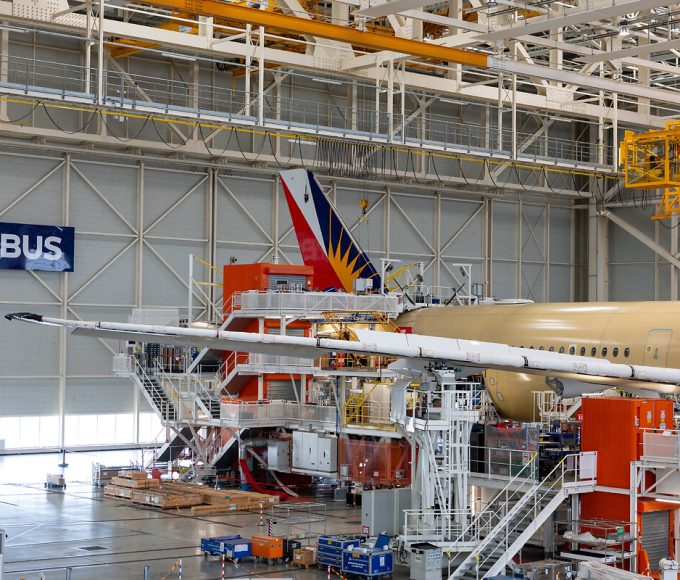AirAsia and Airbus have announced a new partnership aimed at advancing aviation sustainability initiatives in Southeast Asia.
The collaboration, formalized through a Memorandum of Understanding (MoU) between their sustainability divisions, will focus on research into sustainable aviation fuel (SAF) production and air traffic management improvements.
The agreement outlines plans to explore decentralized SAF production using alternative feedstock and technologies in the region.
Both companies will work to identify opportunities for commercial development of projects that could expand SAF supply in Southeast Asia.
Additionally, the partnership will investigate advanced measures to improve air traffic management and reduce CO2 emissions.
This effort will leverage AirAsia’s fuel efficiency program and Airbus’ experience in aeronautics and related services.
Yap Mun Ching, Chief Sustainability Officer at Capital A, AirAsia’s parent company, said, “AirAsia will be a key partner of Airbus in ASEAN to test the feasibility of SAF output developed using alternative feedstock and technologies, as well as ground-breaking ATM initiatives supported by Airbus’ innovation teams.”
The collaboration aims to address the aviation sector’s need to invest in and scale up solutions critical to decarbonizing the industry.
Yap noted that upgrading AirAsia’s fleet to more fuel-efficient models is a key pathway for the airline to achieve its net-zero emissions goal by 2050.
Julie Kitcher, Airbus Chief Sustainability Officer, stated, “Airbus is contributing to the decarbonisation of aviation around the world. That means working with our customers in every region, looking at all solutions available today and collaborating on research for future technologies.”
AirAsia currently has an order for 361 Airbus A321 aircraft to meet its fleet growth and replacement needs.
The airline group expects aircraft upgrades to account for up to 10% reduction in CO2 emissions by 2035, compared to its 2019 baseline.
In 2023, AirAsia reported avoiding 130,000 tonnes of CO2 emissions from its narrowbody regional network through the implementation of over 20 operational efficiency measures.
These efforts contributed to a reduction in fuel costs amounting to $40 million and over $388,000 in shadow carbon costs.
The partnership between AirAsia and Airbus aims to build on these achievements and further advance sustainable aviation practices in the ASEAN region.

























Leave a comment